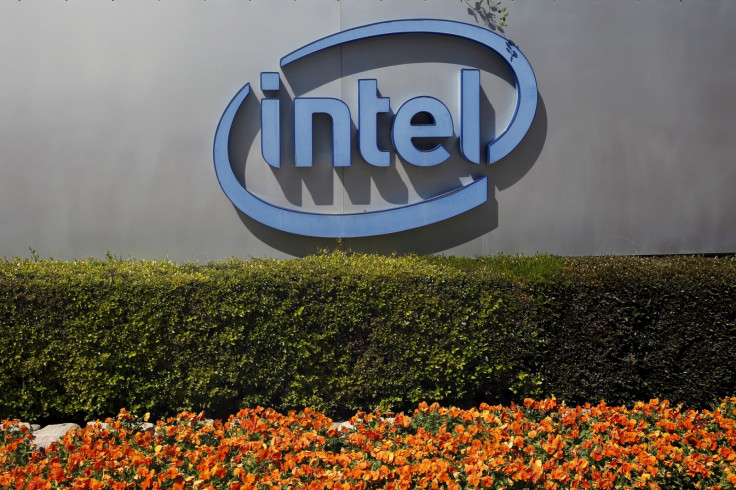Intel manufacturing woes pushes back production of next-gen 7nm silicon to 2022
By the time Intel's 7nm architecture becomes available, Taiwan Semiconductor Manufacturing Company will already market its 3nm.
Intel appears to be in a tough spot right now due to several factors that contribute to its present circumstance. For the longest time, the chipmaker has been the brand of choice for consumers and original equipment manufacturers (OEMs). However, issues related to manufacturing and performance over the years have affected its reliability among its users and investors. Now, it just confirmed that the production of its upcoming chips will be delayed until 2022.
In fact, tech industry pundits have already speculated that ongoing issues even with its current-generation processors will likely cascade down to what follows after. Furthermore, the latest ones in the market were also previously behind schedule as well. This positions Advanced Micro Devices (AMD) as the leader when it comes to the 7nm architecture, wherein many laptop and computer manufacturers have switched over to in the past few years.
Intel's press release said: "The company's 7nm-based CPU product timing is shifting approximately six months relative to prior expectations. The primary driver is the yield of Intel's 7nm process, which based on recent data, is now trending approximately twelve months behind the company's internal target." In its Q2 2020 earnings call, CEO Bob Swan pointed out a "defect mode" in the firm's 7nm process.
This reportedly prompted the management to outsource the production of several key components to third-party foundries instead. This includes Intel's 7nm Ponte Vecchio GPUs. AMD, on the other hand, is already progressing beyond desktops computers and notebooks. Its EPYC platform is already making its way to many data centres instead of its rival's Xeon chips.
Moreover, based on the Santa Clara, California-based semiconductor group's internal roadmap, work on its 5nm Genoa silicon is on schedule and slated to launch before the holiday season of 2022. Analysts likewise noted that by the time Intel's 7nm architecture becomes available, Taiwan Semiconductor Manufacturing Company (TSMC) will already market its 3nm.

Swan remarked: "And we feel pretty good about where we are, though we're not happy. I'm not pleased with our 7nm process performance." Nevertheless, he assured consumers that the engineers have already identified the issue and project a steady manufacturing course moving forward.
© Copyright IBTimes 2025. All rights reserved.





















